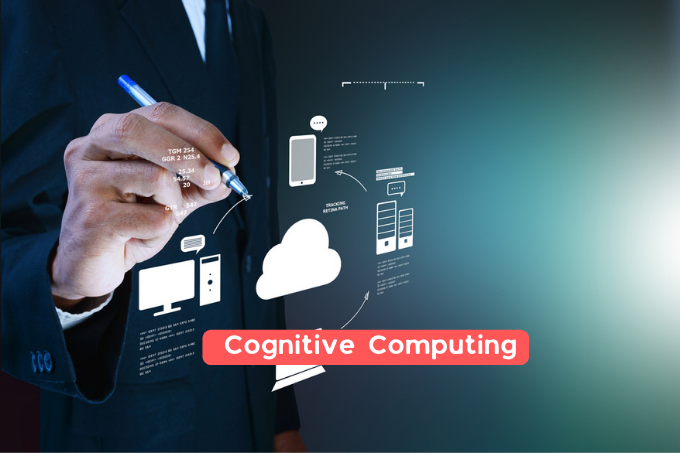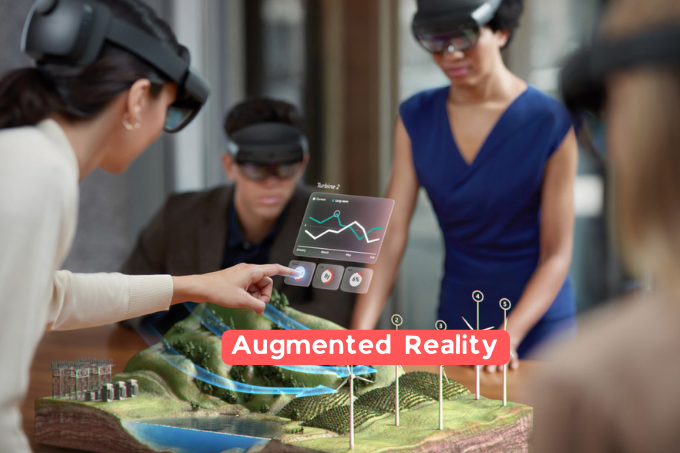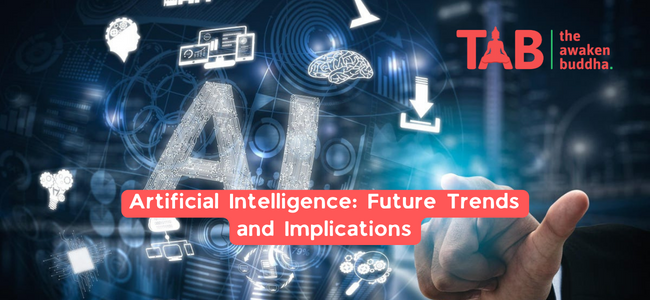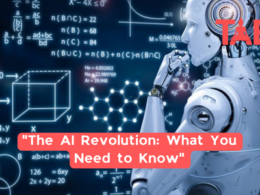Artificial Intelligence (AI) is revolutionizing enterprises and reshaping our lives and work. AI technology has reached a long way in recent years, and the future looks bright. In this article, we will discuss AI’s future trends and implications.
Table of Contents
1. Definition of AI
2. Historical Perspective of AI
3. Recent Developments in AI
4. Advancements in AI Technology
5. Applications of AI
- Healthcare
- Finance
- Transportation
- Education
- Manufacturing
6. Future Trends of AI
- Automation
- Cognitive Computing
- Robotics
- Natural Language Processing
- Machine Learning
- Augmented Reality
- Virtual Reality
7. Implications of AI
- Impact on Employment
- Ethical Considerations
- Privacy and Security Concerns
Introduction
Artificial Intellect is the science and engineering of creating intelligent machines that can accomplish tasks that typically require human intervention. The advancement of AI technology has brought many changes to various industries, and its impact will continue to grow.
1. Definition of AI
AI involves creating intelligent machines that can act on tasks that typically require human intervention. These machines can learn from knowledge, adapt to new inputs, and achieve human-like tasks, such as visual perception, speech recognition, decision-making, and language translation.
2. Historical Perspective of AI
AI has a long and fascinating history dating back to ancient Greece. The philosopher Aristotle was the first to propose the idea of a mechanical mind that could think like a human. In the 20th century, AI research and development began in earnest, with the first AI program developed in the 1950s.
3. Recent Developments in AI
Recent developments in AI have been nothing short of groundbreaking. Natural language processing, machine learning, and robotics advancements have increased AI technology. Some notable examples of recent developments in AI include self-driving cars, chatbots, and medical diagnostic tools.
4. Advancements in AI Technology
AI technology is fast advancing, and there are several key areas where we are seeing significant progress. These areas include machine learning, natural language processing, computer vision, and robotics.
5. Applications of AI
AI is applied in various industries and can transform our lives and work. Here are some part of how AI is being used in different industries:
- Healthcare
AI is used to develop medical diagnostic tools to detect diseases and conditions faster and more accurately than human doctors. AI also develops personalized patient treatment plans based on their unique genetic makeup.
- Finance
AI is used in the financial industry to analyze data and detect fraudulent activity. AI-powered chatbots are also used to deliver customer service and support.
- Transportation
AI is being used to grow self-driving cars and improve traffic flow. AI is also being used to optimize shipping and logistics operations.
- Education
AI is being used in education to develop personalized learning plans for students. AI-powered chatbots are also living used to provide tutoring and support.
- Manufacturing
AI is being used in casting to automate production processes and improve efficiency. AI is also being used to predict maintenance needs and improve equipment uptime.
6. Future Trends of AI
AI technology is continually evolving, and there are several key trends to watch out for in the coming years. These direction include:
- Automation
AI-powered automation will continue revolutionizing various industries, such as manufacturing, transportation, and logistics. The automation of these industries will lead to increased efficiency, cost savings, and improved productivity.
- Cognitive Computing

Cognitive computing is a subset of AI that focuses on replicating human thought processes. It involves creating systems that can learn from experience and reason like humans. In the future, cognitive computing will be used to develop intelligent assistants and virtual agents that can interact with humans in a more human-like manner.
- Robotics
Robots are becoming more advanced and sophisticated. In the coming up, we will see more robots that can perform complicated tasks and interact with humans. Robotics will be used in various industries, such as manufacturing, healthcare, and transportation.
- Natural Language Processing
Natural language processing is the skills of machines to understand and read human language. In the future, we will see more functions of natural language processing, such as voice-activated assistants, chatbots, and translation services.
- Machine Learning
Machine education is a subset of AI that link the development of algorithms that can learn from data. In the future, we will see more machine learning applications, such as predictive analytics, personalized medicine, and autonomous vehicles.
- Augmented Reality

Augmented reality affects overlaying digital information onto the physical world. In the future, we will see more augmented reality applications, such as gaming, education, and marketing.
- Virtual Reality
Virtual reality involves creating a simulated environment that a user can interact with. In the future, we will see more virtual reality applications, such as training, entertainment, and therapy.
8. Implications of AI
While the future of AI looks promising, there are also potential implications to consider. Here are some of the implications of AI:
- Impact on Employment
AI-powered automation has the potential to replace many jobs that humans currently perform. This could guide to unemployment and economic instability in some industries.
- Ethical Considerations
As AI becomes more advanced, there are ethical considerations to consider. For example, should robots have legal rights? What is the ethical meaning of using AI in the military?
- Privacy and Security Concerns
As AI becomes more prevalent, there are concerns about data privacy and security. Who will have entry to the data that AI systems collect? How can we guarantee that AI systems are secure and not vulnerable to hacking?
Conclusion
The future of AI looks bright, with advancements in automation, cognitive computing, robotics, natural language processing, machine learning, augmented reality, and virtual reality. However, there are also potential implications, such as the impact on employment, ethical considerations, and privacy and security concerns. As AI technology evolves, it is essential to consider both the potential benefits and implications.
FAQs
1. What is artificial intelligence?
Artificial intelligence involves creating intelligent machines that can perform tasks that typically require human intervention.
2. What are some applications of AI?
AI is applied in various industries, such as healthcare, finance, transportation, education, and manufacturing.
3. What are some future trends of AI?
Future AI trends include automation, cognitive computing, robotics, natural language processing, machine learning, extended reality, and virtual reality.
4. What are some implications of AI?
Some implications of AI include the impact on employment, ethical considerations, and privacy and security concerns.
5. Should we be upset about the future of AI?
While there are potential implications to consider, the future of AI looks promising, with many potential benefits to be gained. It is important to assess both the future benefits and implications as AI technology evolves.










